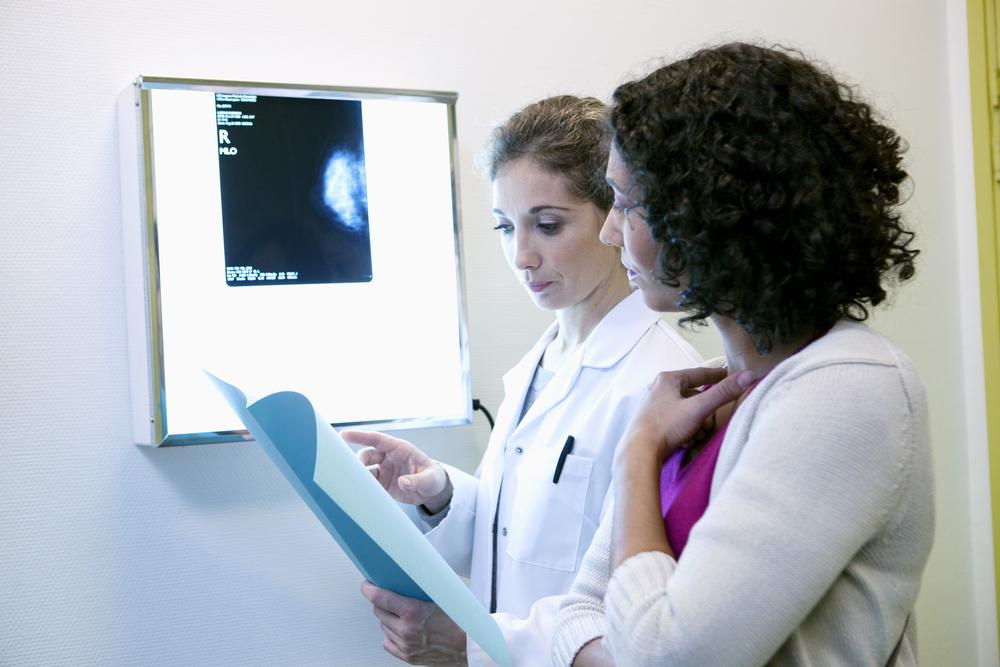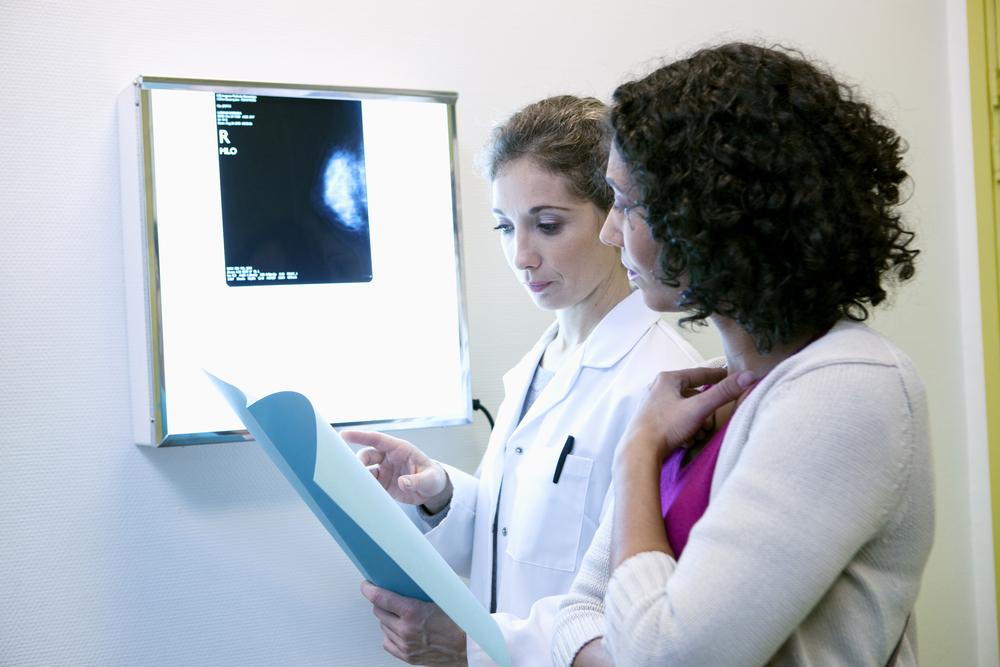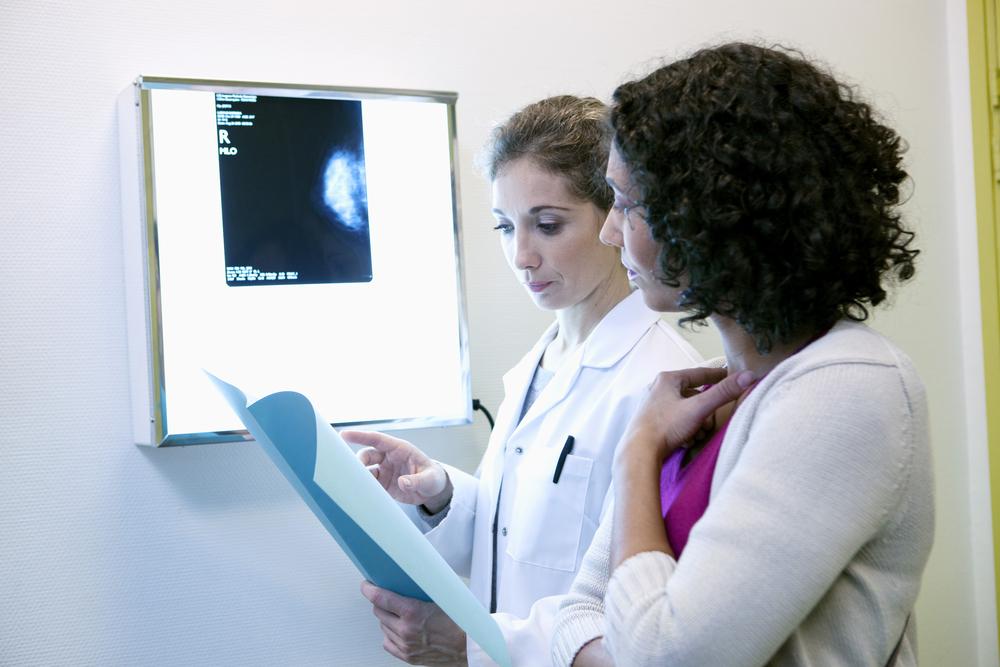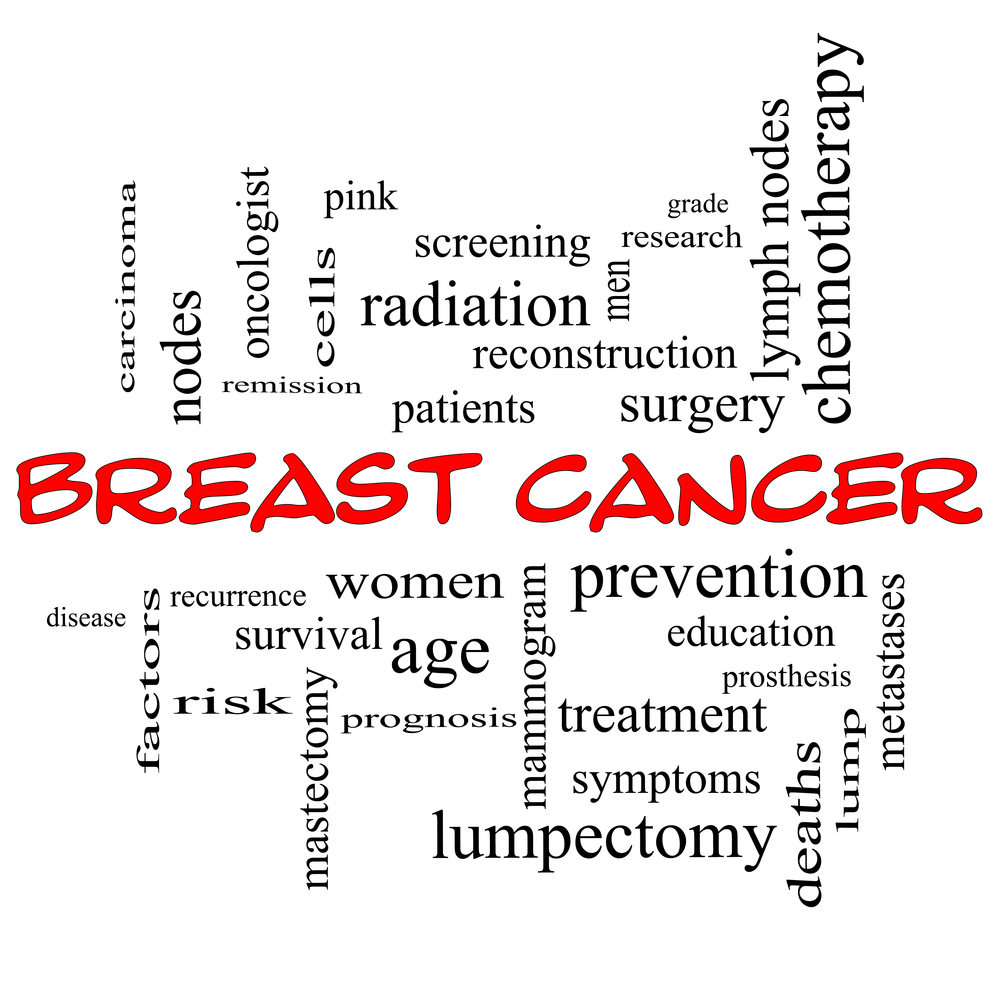Know the Warning Signs of Lymph Node Cancer
Lymph node cancer or Non-Hodgkin lymphoma (NHL) is one such disease that shows many symptoms. The symptoms depend on where it occurs in your body and the type of lymphoma you are suffering from. There are times when you might not see any symptoms until the node gets bigger. Also, you should remember that having one or more lymph node cancer symptoms do not portray that you are suffering from the disease.

Some of the symptoms of lymph node cancer include the following.
- Swollen abdomen (belly)
- Chest pain or pressure
- Severe or frequent infections
- Enlarged lymph nodes
- Weight loss
- Easy bruising or bleeding
- Lack of appetite
- Shortness of breath or a cough
- Fatigue
- Chills
Many people suffering from this disease are known to have B symptoms. Some B symptoms are as follows:
- Drenching night sweats
- Weight loss without even trying (at least 10% of the total body weight over 6 months)
- Fever (that can come and go over several days or weeks) without any infection
Abdominal symptoms of lymphoma
Abdominal pain is also one of the lymph node cancer symptoms. It can be caused due to the enlargement of the organs and because of this enlargement, you might feel swelling and pain in the abdominal section of your body. Also, there is a loss of appetite because of a large number of fluids deposited in the abdomen.
Symptoms of lymphoma on the chest
Some of the more common lymph node cancer symptoms in the chest are as follows:
- Coughing
- Chest pain
- Breathing trouble
- High pressure in the chest
Symptoms of lymphoma affecting the brain
Non-Hodgkin lymphoma can affect the brain as well. Some of the lymph node cancer symptoms affecting the brain are given below:
- A headache
- Trouble in thinking
- Weakness in parts of the body
- Changes in the personality
- Double vision
- Facial numbness
- Trouble in speaking
In case you experience some or any of the above symptoms, without panicking, consult a doctor to ascertain the presence of lymphoma without a delay because early detection is the key to recovery and survival.




